Holy Father Rejects Renunciation Rumors
'It Didn’t Even Cross My Mind' Pope Says in First Interview After His Colon Operation
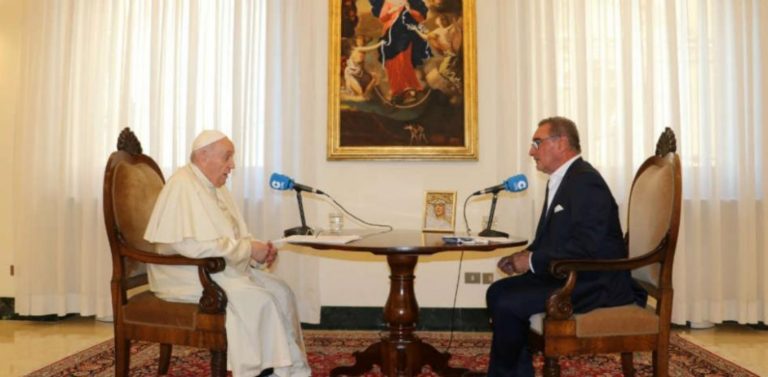
The Holy Father rejects renunciation rumors in his first interview after his recent colon operation.
“Whenever a Pope is sick a breeze or hurricane spreads of a Conclave.” “I don’t know from where they got the idea last week that I was going to present my renunciation,” says Pope Francis, denying the rumors circulating over the last weeks on his possible renunciation, something that “didn’t even cross my mind.”
Published today, September 1, 2021, is the Holy Father’s first interview — in Santa Marta and after his colon operation –, with Spanish journalist Carlos Herrera on COPE (Spanish Popular Radio Network, property of the Spanish Episcopal Conference). The Holy Father talked about a great variety of subjects, among others: his health, rumors of his renunciation, the situation in Afghanistan, the unity of Europe, ecology, and the independence movement.
The Pope’s Health after His Operation: “A Totally Normal Life”
In regard to his recent colon operation and present state of health, Pope Francis joked saying that he was “still alive,” and he pointed out how a nurse of the Vatican Health Service saved his life, and that he had to be operated to treat his colonic diverticulitis. He also said to COPE that this was the second time that a nurse helped him to survive, as in 1957 a nurse gave him a double dose of penicillin to cure a lung infection.
Pope Francis continued: “now I can eat anything, something that before, with the diverticula, I couldn’t,” and that he is still on “the post-operation medication because the brain has to take into account that it as 33 less centimeters of intestine,” but he clarified that he is living “a totally normal life.”
Denies Renunciation Rumours
In regard to rumors about his renunciation, the Bishop of Rome said: “whenever a Pope is sick a breeze or hurricane spreads of a Conclave.”
“I don’t know from where they got <the idea> last week that I was going to present my renunciation!” (. . . ) And they say that it caused a stir when it “didn’t even cross my mind. In face of interpretations that are somewhat distorted of some word of mine, I am silent, because to clarify it would be worse,” he added.
The Situation in Afghanistan
In regard to the recent withdrawal of the military occupation of Afghanistan, Herrera asked if the Vatican could intercede diplomatically so that reprisals against the people don’t take place. The Pontiff praised the diplomatic level of the Vatican Secretariat of State and its Secretary, Cardinal Pietro Parolin, a “diplomat that adds, not one of those that subtract, who always search, a man of agreement. I’m sure he is helping or at least offering himself.”
The Pope described the situation in the Afghan country as “difficult” and stressed his appeal for prayer and fasting during the Angelus, because, “as Pastor, a must call all Christians to a special prayer at this time: prayer, penance, and fasting, which is what is asked for in moments of crisis.”
In regard to the fact of 20 years of occupation, the Holy Father referred to German Chancellor Angela Merkel’s words: “It’s necessary to put an end to the irresponsible policy of intervening from outside and of building democracy in other countries, ignoring the peoples’ traditions.” He added: “I believe this says a lot; each one must interpret it. But I felt there I was before the wisdom of what this woman said.”
Asked about the West giving up the Coalition headed by the United States and the European Union, the Successor of Peter said: “the fact of renouncing is licit,” that “the echo it has in me is something else,” and that “the way to renounce, the way an exit is negotiated” are three different things. In regard to the last aspect, he said that from “what we have seen, it seems that they didn’t take into account — I don’t want to judge –, all the eventualities. I don’t know if there will or will not be a review, but there certainly was much deceit on the part, perhaps, of the new Authorities. I say deceit or much naïveté, I don’t understand, but here I would look at the way, and I believe and I think what Mrs. Merkel said stresses this” approach.
Unity in Europe
In the course of the interview with the Spanish Radio, the Holy Father pointed out that for “me the unity of Europe at this time is a challenge. Either Europe continues perfecting and improving the European Union, or it will disintegrate. The EU is the vision of great men — Schumann, Adenauer . . . who envisioned it.”
In this connection, he referred to the messages on Europe’s unity he gave and recommended that of the Mayor of Aachen “because it’s a marvel of criticality on the problem of the EU,” adding that, despite the crisis of the Old Continent, “we must do everything possible to save that inheritance. It’s a legacy and a task.”
Ecology
The Spanish journalist asked the Pontiff about the process of his conversion to ecological concerns, and Pope Francis answered that he began to be interested when the Brazilian Bishops stressed the need to preserve Amazonia during the Aparecida Conference (the 5th General Conference of the Latin American Episcopal Council – CELAM).
After becoming the Roman Pontiff “I realized that I had to do something, and I got the idea to write something about the Church’s teaching in face of this.” To do so, he convoked “a group of scientists who explained to me the real problems, not theories, but what is real. They made a nice catalog for me and with good reason. I passed it on to theologians who reflected on it. And thus Laudato Si’ began to be gestated, his encyclical on the care of the planet, our common home.
He also said that the Minister of the Environment, Segolene Royal, asked him for his support, anticipating the publication of the encyclical before the famous Paris Summit on Climate Change at the end of the year 2015. The Pope also said that in principle he would attend the forthcoming COP26 Summit in Glasgow.
Independence Movement, Importance of the Reconciliation of Peoples
Alluding to the situation in Spain, a country in which the Autonomous Community of Catalonia held a referendum on independence, the Bishop of Rome recalled that in history there have been different independence processes, such as that of Kosovo, made historic and “characterized by a series of particularities.” In the Spanish case, he said, “it’s you, the Spanish, who must judge, expressing your attitude well.”
Nevertheless, for the Successor of Peter, more important “at this moment in any country that has this type of problem, is to ask if the people have reconciled themselves with their history.” “I don’t know if Spain is totally reconciled with its history, especially the history of the last century.” And, “if it hasn’t done so, I think it must take a step of reconciliation with its history, which doesn’t mean to give up its positions but to enter a process of dialogue and reconciliation and, especially, to flee from ideologies, which are what hinder any process of reconciliation.”
Ideologies “destroy,” he added. “National unity is a fascinating expression, it’s true, national unity is so; however, it will never be valued without the basic reconciliation of peoples. And I believe that in this any government, no matter what its sign is, must take charge of the reconciliation <process> and see how they can carry forward their history as brothers and not as enemies or at least with that dishonest unconscious that makes me judge another as a historic enemy,” he stressed.
Translation by Virginia M. Forrester
Related
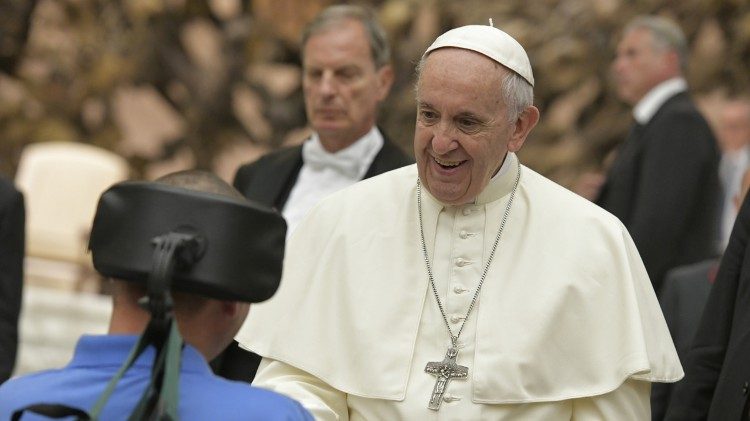
Francis. The Human and Religious Imprint of a Papacy
Isabel Orellana
24 April, 2025
5 min
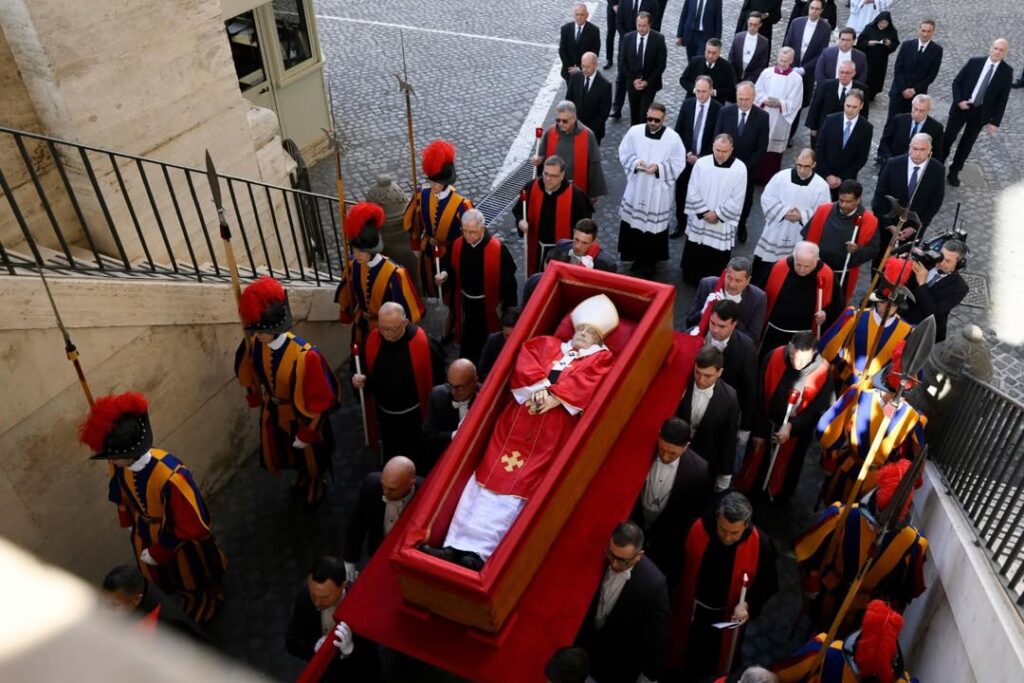
A Pope’s Last Journey: Francis’ Body Transferred to St. Peter’s
Exaudi Staff
24 April, 2025
3 min
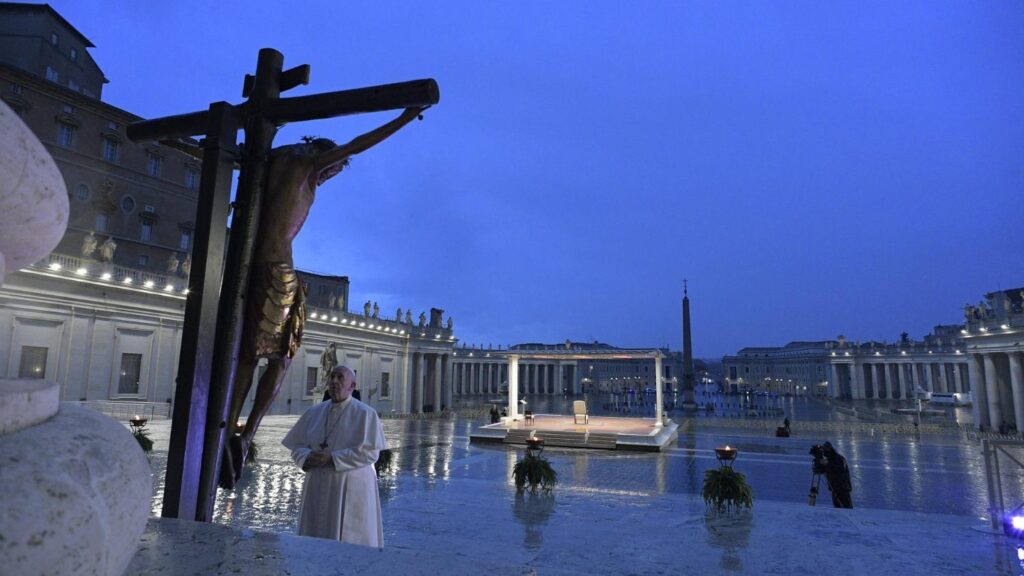
Cardinal Felipe Arizmendi: With the Risen Christ, There Is Hope
Felipe Arizmendi
24 April, 2025
6 min
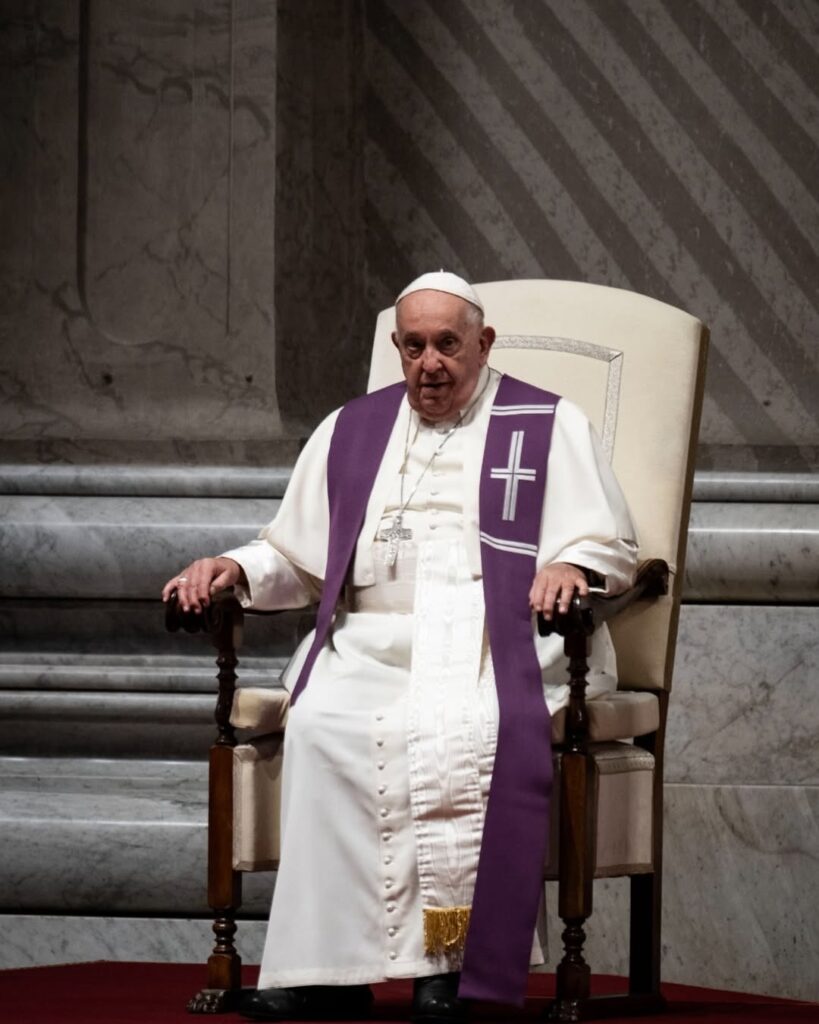
You Didn’t Give Up
Exaudi Staff
23 April, 2025
2 min
 (EN)
(EN)
 (ES)
(ES)
 (IT)
(IT)

